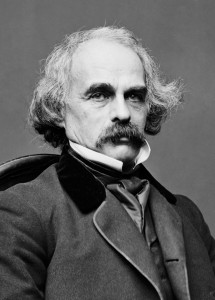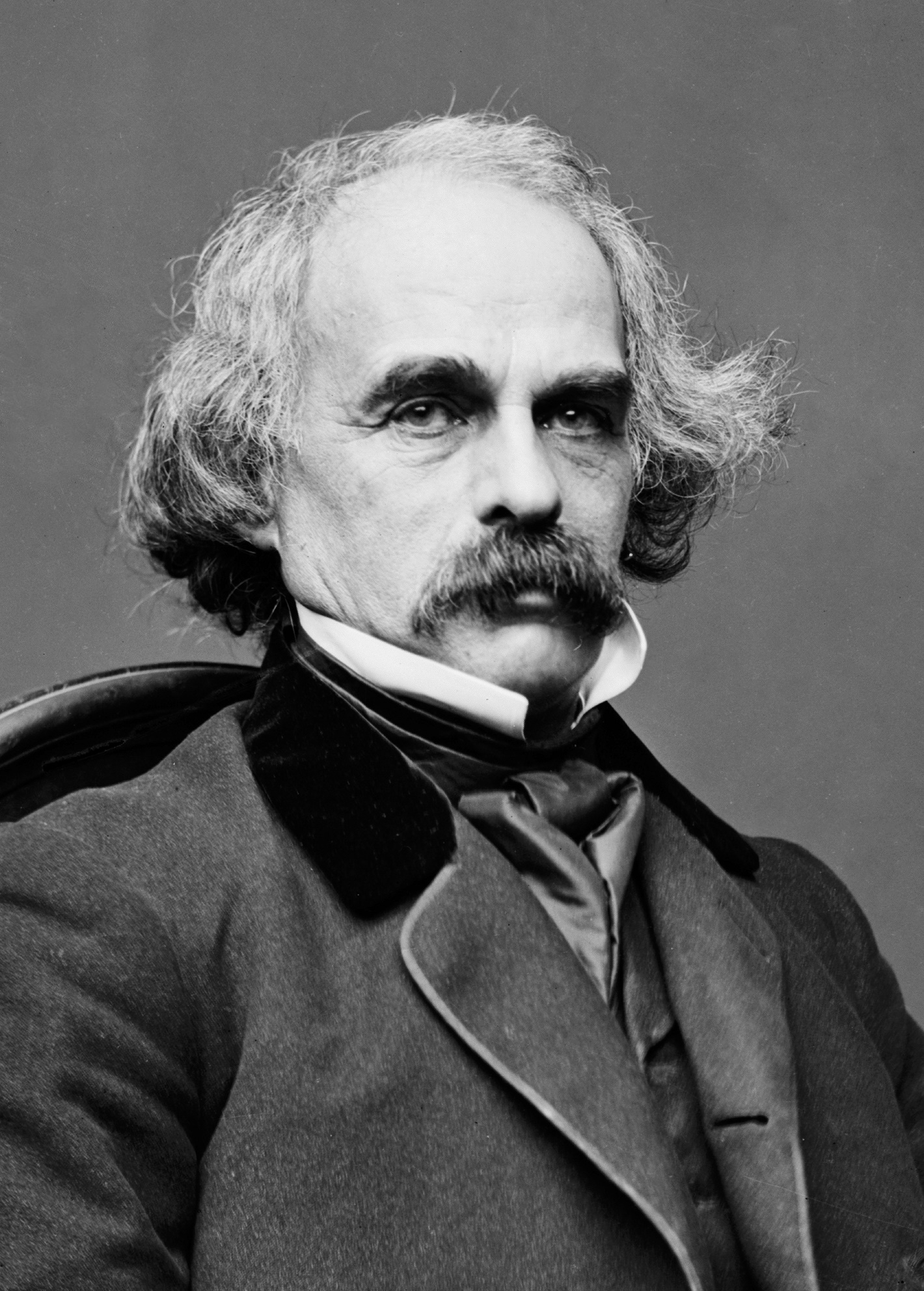 To Daniel MacGhie Cory
To Daniel MacGhie Cory
Hotel Savoia
Cortina d’Ampezzo, Italy. June 21, 1937
Capital that you should have come to know so characteristic a man as Ezra Pound at close quarters. Will you tell me, or can you draw from him, how he connects his sympathy with Eliot and with Mussolini with his otherwise extreme romantic anarchism?
My journey had uncomfortable features: it rained hard in Venice, and during the first day they had no suitable room for me at Danieli’s; but I got one in the evening, and no unpleasant consequences followed. The motorbus coming here was absolutely full up, complete, and I was so squeezed next to another fat old man that I had to have my clothes pressed, something which as you know I don’t ordinarily do. However, the weather that day was lovely, and the ‘bus was able to pull us up the steep hills on good time.
Here I am tolerably well settled, have an electric stove in case of cold weather, and a pleasant enough outlook. My books from Blackwell’s have arrived and I am in harness; working on Dom. & P.rs; but nothing prevents me from thinking or writing about Spirit if the spirit itself should prompt. I have also brought from Rome The Marble Faun and The House of the Seven Gables, cut up for the pocket, to read when I have my coffee or tea in the town. Have nearly finished the first, and am disappointed. Hawthorne has moments of dramatic intuition. There is a scene at the Capuchins’ in Rome which I wish Shakespeare had written and not Hawthorne: but his mind in general is weak and helplessly secondary: more a slave of his time than Poe.
From The Letters of George Santayana: Book Six, 1937-1940. Cambridge, MA: The MIT Press, 2004.
Location of manuscript: Butler Library, Columbia University, New York NY.
